|
|
|
|
| Adam Carr's Election Archive
|
Australian federal election, 2022
Division of Hunter, New South Wales
Named for: Hunter River (named in 1797 after Captain John Hunter (1737-1821), Governor of NSW 1795-1800)
Northern New South Wales: Branxton, Cessnock, Muswellbrook, Singleton, Toronto
State seats: All of
Lake Macquarie, parts of
Cessnock and
Upper Hunter
Local government areas: All of
Muswellbrook and
Singleton, parts of
Cessnock and
Lake Macquarie
Borders with:
Calare,
Dobell,
Lyne,
Macquarie,
Newcastle,
New England,
Paterson and
Robertson
Enrolment at 2019 election: 121,560
Enrolment at 2022 election: 128,438 (+05.7)
1999 republic referendum: No 63.2
2018 same-sex marriage survey: Yes 64.4
Sitting member: Hon Joel Fitzgibbon (Labor):
Elected 1996, 1998, 2001, 2004, 2007, 2010, 2103, 2016, 2019. Retiring 2022.
2007 Labor majority over Liberal: 15.9%
2010 Labor majority over Liberal: 12.5%
2013 Labor majority over Liberal: 3.7%
2016 Labor majority over National 12.5%
2019 Labor majority over National 3.0%
Liberal and National two-party vote 1983-2019
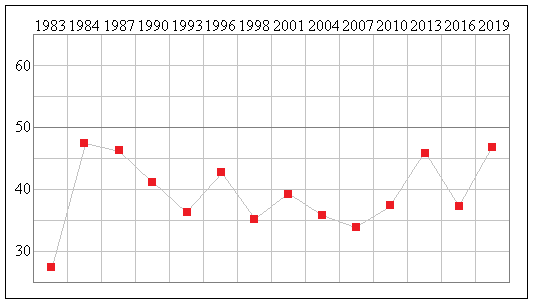
Status: Very marginal Labor
Best Labor booths, two-party vote: Argenton (70.2), Blackalls (67.3), Woodrising (65.3),
Biraban (64.1), Edgeworth (64.1)
Best National booths, two-party vote: Pokolbin (66.1), Jerrys Plains (64.9), Milbrodale (64.8),
Glendon (63.3), Cooranbong PPVC (61.8)
2019 results
Statistics and history
Candidates in ballot-paper order:
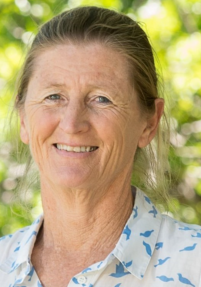 |
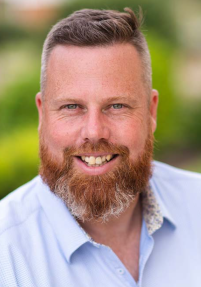 |
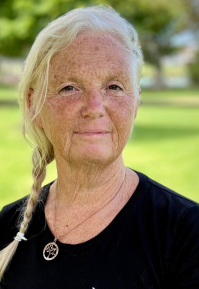 |
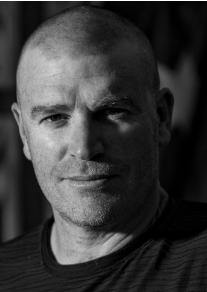 |
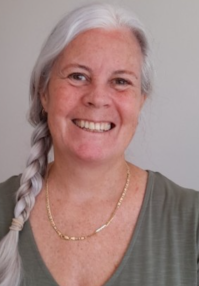 |
1. Janet Murray
Australian Greens |
2. Dan Repacholi
Australian Labor Party |
3. Victoria Davies
Animal Justice Party |
4. Stuart Bonds
Independent |
5. Cathy Townsend
Informed Medical Options |
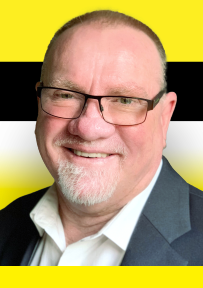 |
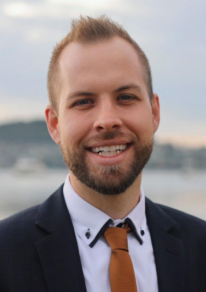 |
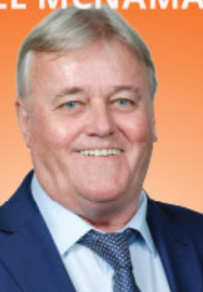 |
 |
6. Geoff Passfield
United Australia Party |
7. James Thomson
The Nationals |
8. Dale McNamara
Pauline Hanson's One Nation |
9. Scott Laruffa
Independent |
Candidate websites:
Stuart Bonds
Victoria Davies
Dale McNamara
Janet Murray
Daniel Repacholi
James Thomson
Cathy Townsend
Division of Hunter
Hunter has existed since Federation, and has always occupied most of the Hunter Valley upstream from
Newcastle. Before 1949 its largest centre was usually Maitland, since then it has been dominated by
Cessnock and the small mining communities around it, although it has usually included at least
some of the farming and wine-growing towns of the Upper Hunter as well. From 1993 Maitland was split between
Hunter and
Paterson, and the 2016 redistrubution removed Maitland altogether from the seat. Hunter has a
fairly high median family income for a regional seat, reflecting high wages in the mining industry, but a
very low proportion of people born in non English speaking countries and of people in professional
occupations. Hunter is one of the least multi-cultural of Labor-held seats.
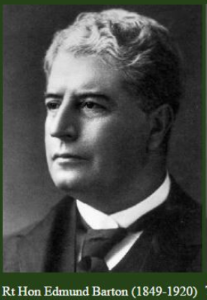 The 2016 redistribution abolished the adjoining seat of
Charlton, causing Hunter to be moved sharply to the
south, taking in the Lake Macquarie towns such as Morriset and Toronto, while shedding rural areas in the
north around Merriwa and Scone. This increased the Labor majority and appeared to render the seat reasonably safe.
The 2016 redistribution abolished the adjoining seat of
Charlton, causing Hunter to be moved sharply to the
south, taking in the Lake Macquarie towns such as Morriset and Toronto, while shedding rural areas in the
north around Merriwa and Scone. This increased the Labor majority and appeared to render the seat reasonably safe.
Hunter's first and most distinguished member was the first Prime Minister of Australia,
Sir Edmund Barton,
who was elected unopposed in 1901. Not longer after his departure, however, Labor began to contest the seat,
and it has been held continously by Labor since 1910. Two Federal Labor Leaders have held Hunter:
Matthew Charlton from 1910 to 1928 and
Dr H V Evatt from 1958 to 1960, at the end of his career: Hunter and
Kooyong are the only seats to have been held by three party leaders.
Joel Fitzgibbon, Labor MP for Hunter since 1996, was a business
operator, a member of Cessnock City Council and an electorate officer to his father, Eric
Fitzgibbon, before his election. He was on the opposition front bench
from 1998 and was Minister for Defence from 2007 until June 2009, when he became the first ministerial
casualty of the Rudd Government. After
Kevin Rudd's demise in 2010 he became the chief organiser of his
return in 2013. His reward was to be Minister for Agriculture, Fisheries and Forestry for the last two
months of the Labor government. He was shadow minister for the same portfolio until his resignation from the
frontbench in November 2020.
At the 2019 election the Nationals gained a 9.5% swing, greatly aided by a strong vote (21.6%) for One Nation. Labor
would have lost the seat on the pre-2016 boundaries. This result was a reaction by regional voters to Labor's
policies on climate change and energy, which were seen as a threat to jobs in coal-mining, although there are
few actual coal-miners in the Hunter these days. The shock of nearly losing a seat which Labor had held for 109 years
led Fitzgibbon to become a critic of Labor's approach to climate issues, and to his resignation from the front bench.
In September 2021 Fitzgibbon announced that he would not stand again. The Labor Party immediately by-passed the usual preselection
process to endorse Fitzgibbon's chosen successor, Daniel Repacholi, a former miner and Olympic shooter.
The Nationals candidate is James
Thomson, community relations officer at Maitland Christian School. The Greens candidate is Janet Murray, a former engineer at Newcastle Steelworks.
The One Nation candidate is
Dale McNamara, a Singleton businessman who polled 12.3% in the Upper Hunter state by-election in May. A local union
activistist, Daniel Wallace, has announced he will run as an independent in protest at Repacholi's endorsement without a
local members' ballot. Another independent, anti-vaccination activist Stuart Bonds, is also running.
Demographics:
Median weekly household income: $1,294 (Australia $1,438)
People over 65: 18.2% (Australia 15.8%)
Indigenous: 5.9% (Australia 2.8%)
Australian born: 84.5% (Australia 66.7%)
Non-English-speaking households: 5.2% (Australia 22.2%)
Catholics 20.8% (Australia 22.6%)
No religion 25.6% (Australia 29.6%)
University graduates: 10.9% (Australia 22.0%)
Professional and managerial employment: 24.1% (Australia 35.2%)
Employed in manufacturing and construction: 23.4% (Australia 22.9%)
Employed in agriculture: 2.5% (Australia 3.3%)
Paying a mortgage: 35.9% (Australia 34.5%)
Renting: 26.6% (Australia 30.9%)
Traditional families: 31.4% (Australia 32.8%)
Back to main page
|
|
 The 2016 redistribution abolished the adjoining seat of
Charlton, causing Hunter to be moved sharply to the
south, taking in the Lake Macquarie towns such as Morriset and Toronto, while shedding rural areas in the
north around Merriwa and Scone. This increased the Labor majority and appeared to render the seat reasonably safe.
The 2016 redistribution abolished the adjoining seat of
Charlton, causing Hunter to be moved sharply to the
south, taking in the Lake Macquarie towns such as Morriset and Toronto, while shedding rural areas in the
north around Merriwa and Scone. This increased the Labor majority and appeared to render the seat reasonably safe.
















